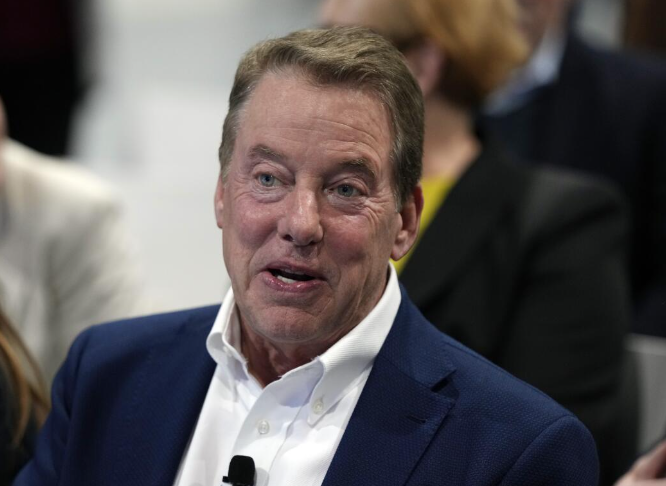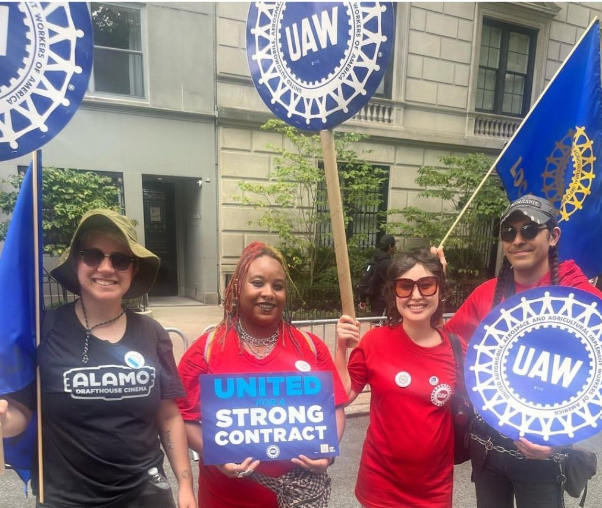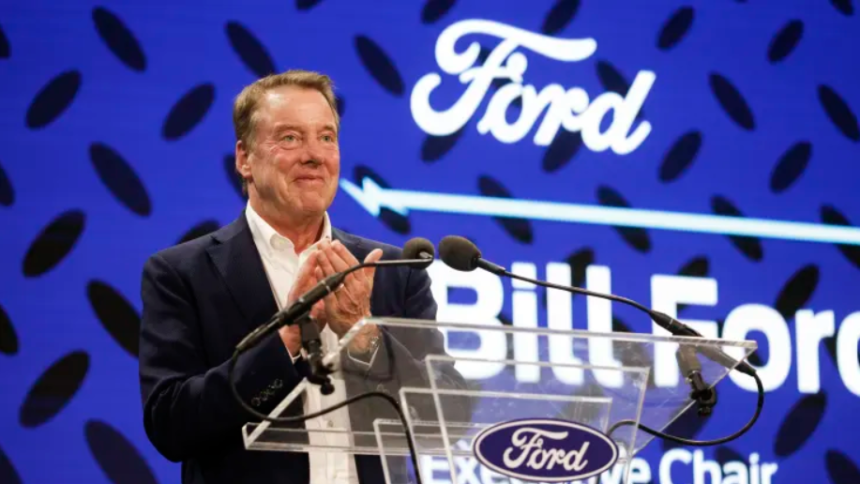Ford Motor Company Executive Chairman Bill Ford warned on Monday that the United Auto Workers’ ongoing UAW strike threatens the company’s and the American automotive industry’s future.
- IMPORTANT NOTES
- Ford Executive Chairman Bill Ford has cautioned that the United Auto Workers’ ongoing strike threatens the company’s and the American automotive industry’s future viability.
- Ford urged with union members and leaders to work with the corporation rather than against it to reach a tentative agreement to “end this acrimonious round of talks.”
- Such remarks by Ford, who has been involved in UAW discussions since 1982, are unusual during contract negotiations with the United Auto Workers.

Ford, who has been involved in United Auto Worker negotiations since 1982, urged with union members and leaders to work with the company rather than against it to reach a tentative agreement to “end this acrimonious round of talks.” Such remarks by the great-grandson of company founder Henry Ford are unusual amid contract negotiations with the UAW.
“We are at a crossroads,” Ford declared at a press conference at the company’s enormous Rouge Complex in Detroit. “Choosing the proper approach is much more than just Ford’s future and competitiveness. This is about the future of the automobile industry in the United States.”

Before taking the stage, Ford told reporters that he wanted to “elevate” the conversation regarding contract negotiations. Ford said he didn’t want to get personal since “it doesn’t matter” at this time.
“In these negotiations, the UAW’s leaders have referred to us as the enemy.” But I will never regard our staff as adversaries. “This should not be a battle between Ford and the UAW,” Ford stated. “It should be Ford and the UAW vs. Toyota and Honda, Tesla, and all the Chinese companies that want to enter our home.”

Following Ford’s remarks, the UAW did not immediately react to a request for comment. Ford’s remarks follow a week of heated talks between the business and the UAW, which culminated in the union suddenly launching a strike at the firm’s highly profitable Kentucky Truck plant on Wednesday night.
The strike affects more than 19,000 of Ford’s 57,000 United Auto Worker members, including more than 16,600 striking workers. As a result of the work stoppage, another 2,480 people have been laid off. Last week, Ford stated that it was “at the limit” of what it could offer the UAW in terms of fiscal concessions. Ford’s most recent proposal contained wage increases ranging from 23% to 26% based on classification, the retention of platinum health care benefits, ratification bonuses, the reintroduction of cost-of-living adjustments, and other benefits.

Only around 34,000 U.S. automakers with the businesses are now on strike, representing roughly 23% of UAW members covered by the expired contracts with the Detroit automakers. Since the work stoppages began after the parties failed to reach tentative agreements by September 14, the UAW has gradually increased the number of strikes. UAW President Shawn Fain announced last week that the union has entered a “new phase” of targeted strikes, in which it will no longer pre-announce work stoppages.
What is UAW?
Click Here to know more about UAW.
The United Auto Workers (UAW), also known as the International Union of Automobile, Aerospace, and Agricultural Implement Workers of America, is a labor union in the United States (including Puerto Rico) and southern Ontario, Canada. It was created in the 1930s as part of the Congress of Industrial Organizations (CIO) and grew dramatically from 1936 to the 1950s. Under the leadership of Walter Reuther (president 1946-1970), the union had a significant influence in the Democratic Party’s liberal wing.

It was known for achieving high wages and pensions for automotive manufacturing workers, but after the 1970s, it was unable to unionize auto plants built by foreign-based car makers in the South, and membership steadily declined; reasons for this included increased automation, decreased use of labor, mismanagement, manufacturing movements (including reaction to NAFTA), and increased globalization.
Also Read: HDFC Bank’s ADR Premium Falls Below 5% For The First Time Since June Of Last Year
image source: google




































